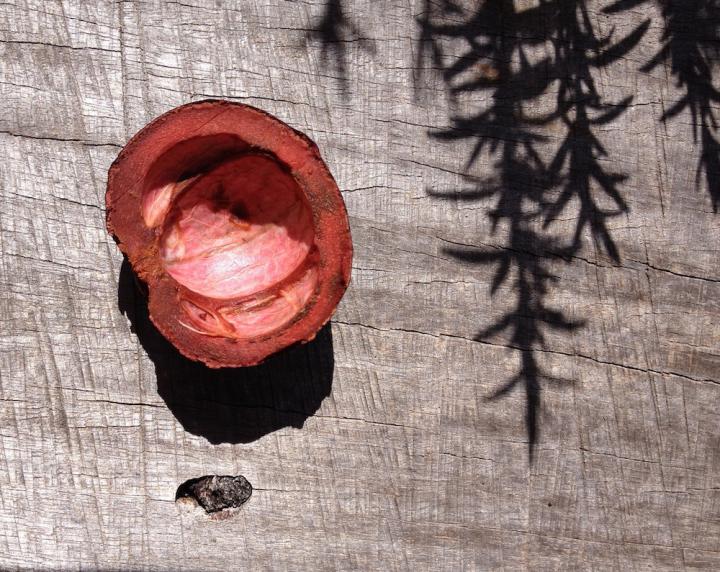The truth about thick skins
We often hear that writers need to have a thick skin to survive the writing business and its attendant rejections, emendations, and critiques (not to mention the pain of comparison with your artistic vision or the success of other writers). But what does this actually mean? Do we know the truth of a thick skin?

Talk of skins
The other day a writing friend and I were discussing a certain published writer who holds workshops. My writing friend had attended one of the workshops and, she said, found the material good but found some of the criticism from the writer-facilitator to be quite harsh — unnecessarily so. It was so harsh that others in the workshop had noticed and conveyed to her their discomfort and sympathy.
My friend admitted she was thin-skinned, and maybe should learn to be thicker skinned, but that really she was okay with being thin-skinned. I considered this. She is an open, wonderful person, strong and adventurous, compassionate and courageous, supportive of others and a good writer herself. She’s also a careful reader and provides extremely useful, insightful feedback on others’ writing (including mine). Her feedback has often felt to me like the very definition of constructive criticism. It got me thinking… Is the thick-skin message wrong?
The truth of a thick skin
By coincidence, at the fruit market this week I’d given in to impulse and bought a mangosteen. When I plucked it from the fruit bowl this morning, its thick purple-black skin beckoning me with the promise of the soft, sweet flesh inside, I thought of the conversation with my friend. When I cut it open I noticed a curious detail: although the skin surrounding the white flesh-fruit is thick, offering protection, there is also an inner skin. This inner skin is delicate, its soft dusky pink membrane marked with dark pink tributaries, which I suppose must be pathways for the flow of sustenance.
The fruit needs the protection of the thick skin, but it also needs the nurturing and sustenance from this softer, thinner inner skin, too. With all this emphasis on writers needing thick skins are we missing something important? Do thinner skins allow writers a richer flow of nutrients — observations, sensations, emotions — for them to build their work from? Simply: would thinner skins make for better, stronger material? Or better writers?
Instead of the emphasis being on writers developing thick skins, should the message be to use the skin you have: soak up all the experiences, feel all the feelings, even if some of them are painful, or difficult. This means approaching life with openness of course, which in the modern world — and the oft-referred-to cut-throat environment of the writing business — could be considered risky, and unwisely leaving oneself open to damage. But I’m starting to think of this differently…
Are you cut out for criticism?
Do writers need thick skins to be cut out for criticism, and therefore cut out for publishing, or does the criticism need to be more respectful? Does telling writers they must be thick-skinned give the ‘gatekeepers’ of publishing — workshop facilitators, other writers, critics and reviewers, commissioning editors and publishers, structural and copy editors, sales teams — and also readers — permission to behave badly when giving feedback?
In abusive relationships, often the victim is blamed for the abusive behaviour. Is it not the same to say that writers are at fault, should have a thicker skin, and just take it when feedback is hurtful, cruel or lacks compassion? Perhaps those of us who find ourselves in gatekeeper positions would do well to pause and consider, not whether the writers are cut out for criticism but: are we? (Just quietly I think this might go for other creative pursuits and industries too.) Have we earned our privileged position as appraisers trusted to care for a writer’s creation by being compassionate and respectful in our criticism, or are we abusing it by being thoughtless, disrespectful or cruel?
Exotic fruit
Could it be that this whole business of writing might go better if we made like the mangosteen, with two skins? If we approached writers with the thinner and thicker skins in mind, theirs and our own, might we get better at nurturing the fruits within and even enjoy a spectacular feast from time to time?